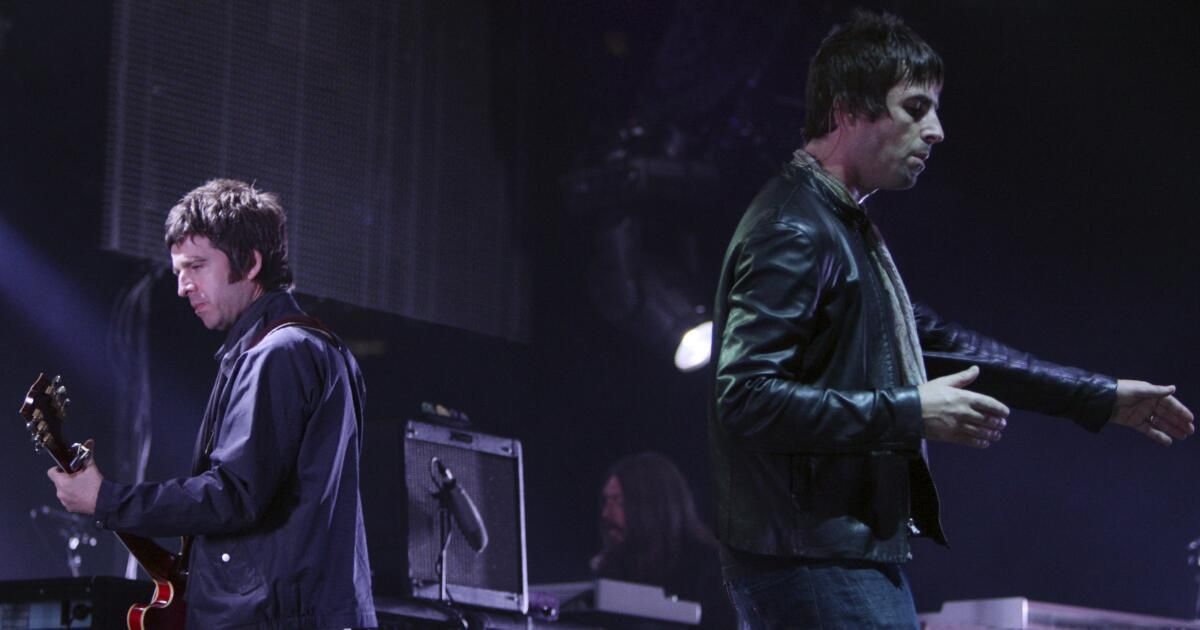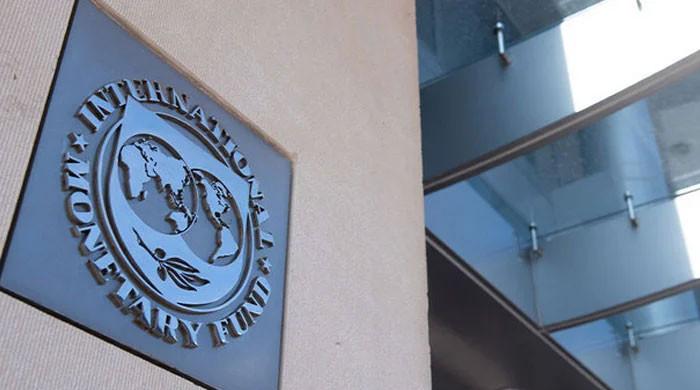Oasis fans are angrily recalling their experience trying to buy tickets for the group's long-awaited reunion tour, and the UK government is preparing to take action.
The UK government has pledged to investigate the use of “dynamic pricing” by live event companies after concert-goers accused Beverly Hills-based Ticketmaster of ripping them off to see the recently revived band.
In a statement provided to The Times on Tuesday, UK Culture Secretary Lisa Nandy promised to “include issues around transparency and the use of dynamic pricing, including the technology around queuing systems that incentivise it” in parliament’s upcoming consultation on consumer protections for ticket scalping.
“After the incredible news of Oasis' return, it is depressing to see hugely inflated prices excluding ordinary fans from having the chance to enjoy their favourite band live,” Nandy said in his statement.
Last month, brothers and musicians Noel and Liam Gallagher announced they would be reuniting as Oasis after 15 years apart. The creators of hits including “Wonderwall” and “Don’t Look Back in Anger” are scheduled to play 17 shows next summer at a variety of venues in Cardiff, Manchester, London, Edinburgh and Dublin.
When tickets for the British rock band's comeback tour went on sale over the weekend, customers took to social media to complain about having to wait for hours in Ticketmaster's crowded online queue, only to be denied entry or faced with unreasonably high prices.
Some fans accused the Live Nation-owned company of actively raising ticket prices during on-sale based on consumer demand. X users screenshots posted of their fights and alleged that standing room only ticket prices rose from £149 (about $195) to £355 (about $465) before the events sold out.
Representatives for Ticketmaster and Live Nation did not immediately respond to a request for comment. Some screenshots of Ticketmaster’s website shared on social media show an information box justifying the controversial cost of a standing ticket called “In Demand Standing Ticket.”
“The event organizer has priced these tickets based on market value,” the description reads, noting that “availability and pricing are subject to change.”
A parliamentary consultation on secondary ticketing and dynamic pricing in the live events business is due to begin this autumn. The consultation will consider a range of approaches to regulating ticket prices, including capping the price of resold tickets at a standardised percentage of the original cost or restricting the number of tickets that can be resold by a single party.
In the United States, Live Nation and Ticketmaster are under increasing antitrust scrutiny. Earlier this year, the Justice Department sued the company seeking to break up the dominant company in concert promotion and ticket sales, accusing the merged company of monopolistic practices.












